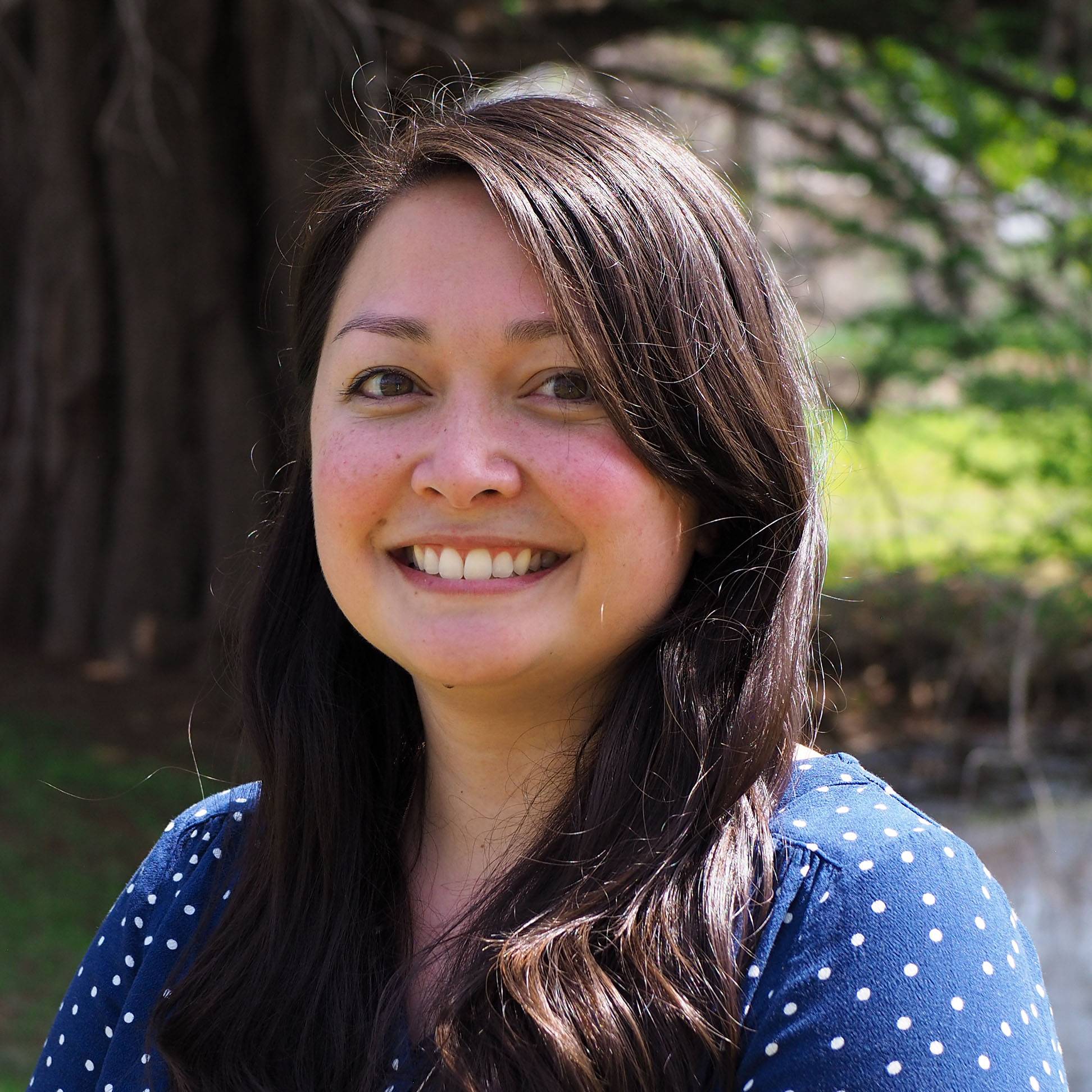Kate Malazonia | June 6, 2024

Krysten Cruz, a Ph.D. candidate in the applied anthropology doctoral program at Texas State University, has been awarded the Jacob Hirsch Fellowship for the 2024-2025 award year. Cruz will use the fellowship, valued at nearly $20,000, to conduct research for her dissertation at the American School of Classical Studies at Athens.
Education and Training
Cruz became interested in anthropology after taking an introductory course during her undergraduate degree at TXST. She went on to earn a master of arts in anthropology focusing on biological and forensic anthropology, also at TXST. However, her love of biological anthropology began during a school field trip in Spain.
“I was able to work with archaeological skeletal material all day for three weeks and hone my osteology skills,” Cruz said. “I absolutely loved it and knew I wanted to pursue biological anthropology and human osteology. I then volunteered at the forensic anthropology facilities, which helped solidify this passion.”
Notably, Cruz is a two-time recipient of the Graduate College Scholarship (2021 and 2023) and a 2024 Fulbright U.S. Student Program semi-finalist for Greece. Cruz has also received the following fellowships to support her fieldwork and dissertation research:
- G.E. Wright/Shirlee Meyers Fellowship from the American Society of Overseas Research (2022)
- William Sanders Scarborough Fellowship from the American School of Classical Studies at Athens (2023)
- Graduate College Doctoral Research Fellowship from Texas State University (2024)
Research Interests
Her dissertation is a study of the kinship and mortuary practices of the early Mycenaean community at the Ancient Eleon archaeological site, which is in central Greece.
“I am trying to assess whether biological relationships or social relationships were more important to this community by investigating who they included in their communal tombs and funerary rituals,” she said.
Her research intends to shed light on mortuary practices during a period of increased social complexity and stratification and will help anthropologists understand the degree to which this community was adopting practices from the Mycenaean kingdoms.
The Jacob Hirsch Fellowship
The Jacob Hirsch Fellowship is designed for Ph.D. candidates and early-career scholars to work on their dissertation or other research projects that require a lengthy residence in Greece. It is provided by the American School of Classical Studies at Athens and allows fellows to conduct their research at the school, which has libraries dedicated to Greek, Roman, and Classical literature.
There is also a state-of-the-art laboratory, the Malcom H. Wiener Laboratory for Archaeological Science, where Cruz will be conducting the majority of her research.
While in Greece, Cruz will be collecting data for her dissertation using the dentition of individuals buried at Eleon and researching Mycenaean life and death.
“My time at the American School will allow me to complete my data collection and access relevant literature on this topic,” she said. “I will also have the opportunity to participate in academic trips with the other members of the school to learn more about different regions and time periods in Greece to contextualize this work.”
Cruz’s research advisor is Nicholas Herrmann, Ph.D., who she credits for expanding her skillset in anthropology and beyond.
"I have had opportunities to work on interdisciplinary projects from various time periods in a few different countries, including Greece, Cyprus, and the Republic of Georgia. His mentorship has been invaluable to my growth as an anthropologist.”
She also credits her academic department, saying, “Texas State University has an excellent anthropology program at all levels and has provided its students with incredible resources and guidance from faculty members.”
After this fellowship, Cruz hopes to pursue work in bioarchaeology or forensic anthropology and, eventually, teach at a university and mentor graduate students while conducting her research in the summer.
Future Applicants
Cruz credits The Graduate College’s external funding coordinators for helping her submit the best application she could.
“It can certainly be a lot of work, but it is worth it to have this level of help from such intelligent and dedicated people,” she said.
Visit The Graduate College website for more information about programs and funding.
Share this article
For more information, contact University Communications:Jayme Blaschke, 512-245-2555 Sandy Pantlik, 512-245-2922 |
